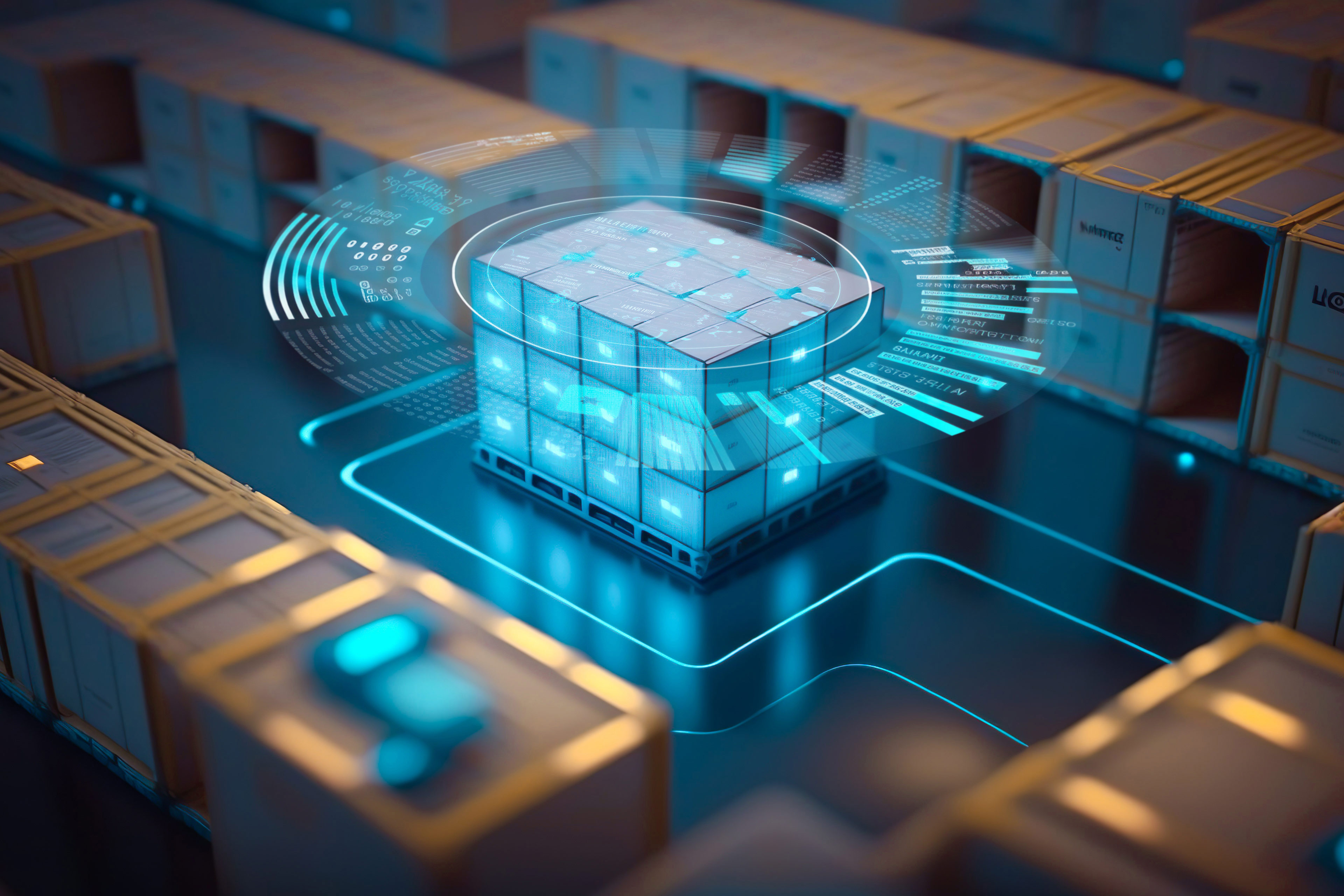EY refers to the global organization, and may refer to one or more, of the member firms of Ernst & Young Global Limited, each of which is a separate legal entity. Ernst & Young Global Limited, a UK company limited by guarantee, does not provide services to clients.
How EY can help
-
Optimize operations with Ernst & Young LLP Supply Chain consulting services. Use tech and AI to boost resilience, efficiency and value.
Read more
In manufacturing, firms use AI in predictive scheduling, warehouse automation and collaborative task management. Lastly, in delivery, AI optimizes conversational customer service, manpower planning and dynamic pricing.
The progression of AI to GenAI has opened new avenues. GenAI adopts a form of advanced artificial neural networks that find patterns in the data without needing labels or human supervision, making them more adaptable to varying use-cases.
GenAI in supply chain management is particularly useful for aiding in areas such as demand forecasting, prototyping, error detection, production planning and last-mile delivery optimization. Major retail chains and health care industries are already piloting the use of GenAI for tasks such as summarizing and analyzing customer feedback and generating novel small-molecule entities for drug discovery.
While promising, adopting GenAI has its own roadblocks in terms of data security, talent procurement and incompatibility with legacy systems, to name a few. Added to this is the cost and complexity of achieving regulatory compliance. However, by employing a systematic strategy of preparation, prioritization, contemplative presentation, and thorough evaluation for timely corrective measures, businesses can steer through these hindrances effectively and leverage GenAI to its full potential.
GenAI in supply chain can offer a unique combination of efficiency, accuracy and better decision making. Interested readers can download (pdf) a new white paper to learn about the five implementation steps for GenAI in supply chains. When implemented following a structured and systematic approach, it may revolutionize supply chains and offer significant financial and other benefits. As GenAI continues to evolve, it’s certain to reshape our understanding of business processes and the future of work.






